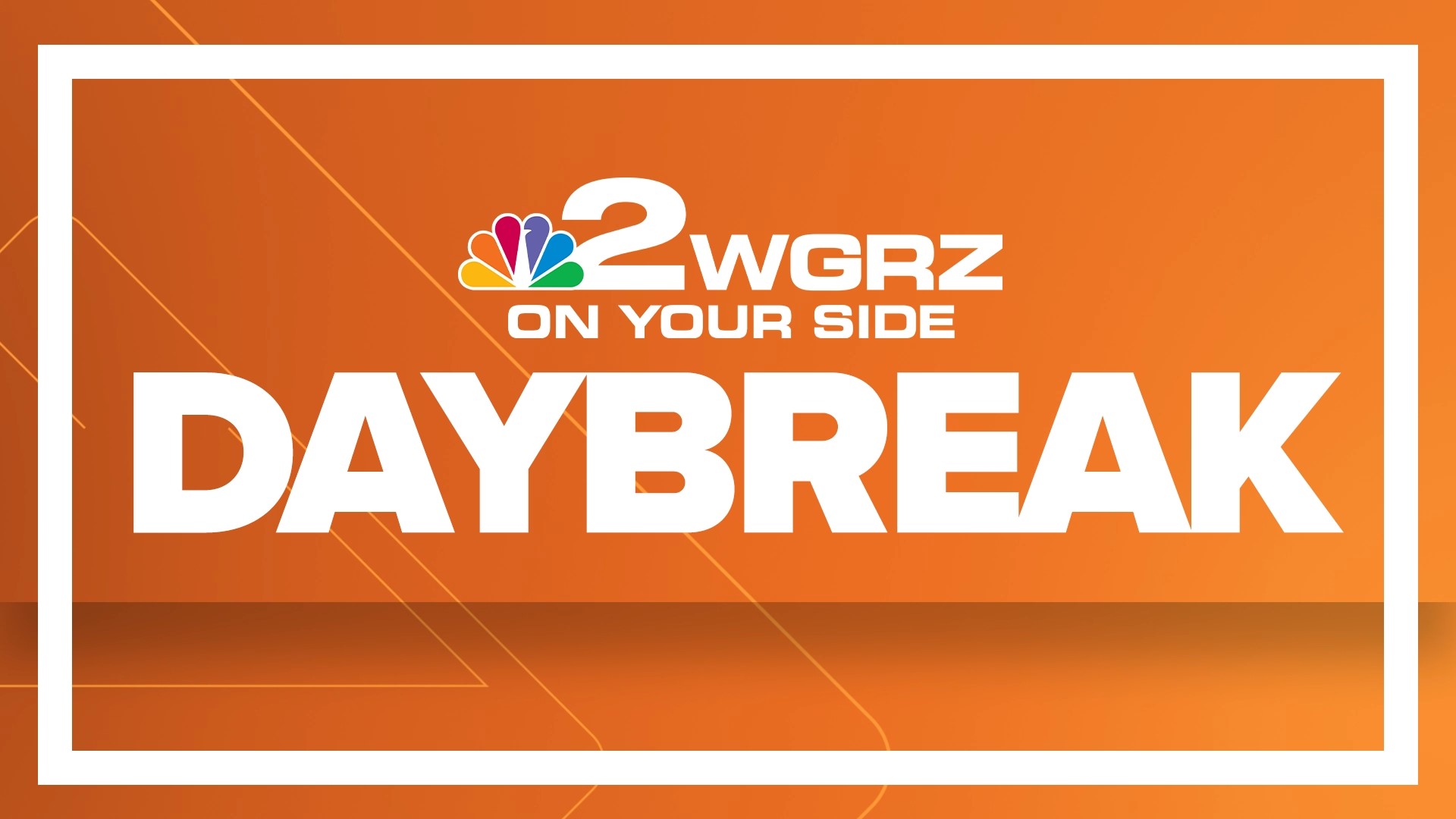ALBANY — John Taylor was miffed when his daughter Alyssa signed up for New York's free college tuition program, but found out she was ineligible.
School counselors encouraged the 22-year-old student to take fewer credits this fall as she eased into her first semester. But without a full course load, she was not allowed to participate in the Excelsior Scholarship program.
"It’s totally absurd. Here’s someone who is trying to strive to do better," Taylor, of Pleasant Valley, Dutchess County, said.
With great fanfare, New York this fall started the Excelsior program to provide free SUNY tuition to income-eligible students.
The state revealed Sunday afternoon how many students were admitted to the program. The USA Today Network's Albany Bureau reported Friday the figures had not been released.
Gov. Andrew Cuomo announced Sunday about 53 percent of full-time SUNY and CUNY in-state students would have free tuition this year through various programs.
About 22,000 students will have their tuition costs covered by the new Excelsior scholarships.
Another 23,000 students who applied will have their tuition covered through previously available assistance programs, including TAP and Pell grants, because they were income eligible, Cuomo's office said.
The figures are in line with initial enrollment projections, but the state announced in July the number of applicants hit about 75,000, which was more than expected.
Also, about 6,000 applications for Excelsior are awaiting final approval, the state said.
SUNY tuition is set at $6,670 annually.
Is enrollment low?
Some colleges said only a small percentage of students who applied ultimately were granted the free tuition because of the various stipulations: Students need to get good grades; attend public college full time, live in the state and stay in New York after they graduate for as many years as they received the free tuition.
The program gives free tuition to students at SUNY's 64 campuses if their household income is less than $100,000 this year. The threshold will go to $110,000 next year and $125,000 in 2019.
In mid-September, Nyack College, a private school in Rockland County, said of the 118 students who applied, just 15 had so far received a scholarship in a similar program to Excelsior, called the Enhanced Tuition Awards, for private colleges.
It allows the private school and the state to split up to $6,000 in tuition costs for students.
Cornell University in Ithaca said it had 102 applicants and just two students were eligible for the awards at its three contract colleges affiliated with SUNY.
But colleges noted that a small enrollment in the program didn't necessarily mean students did not get tuition help. Excelsior is considered the "last dollar" award after other tuition assistance programs are exhausted, depending on income.
“The first-in-the-nation Excelsior Scholarship is designed to enable as many students as possible to attend college tuition-free, while boosting on-time completion and reducing student debt," Cuomo spokeswoman Abbey Fashouer said in a statement Friday.
"There has been widespread interest in the program, and we look forward to building on our progress and continuing to expand access to our excellent public colleges every year.”
Uncertainty continues
Many SUNY colleges said in recent weeks they did not know how many students were accepted into the program. The deadline to apply was mid-July, but it was extended to mid-August because of the influx of applicants.
Cuomo said in August that he was extraordinarily pleased with the program's launch, saying it "will change lives."
"It has taken off like nothing else I have seen before," Cuomo said during a visit to Rochester. "It has exceeded our expectations in the numbers we thought we were going to get."
Cuomo said then the state was still figuring out how many students entered the program. Initial estimates were about 23,000 students a year would be enrolled, and the state put aside $163 million to cover the expense.
For those not eligible, tuition rose $200 this year.
SUNY administrative officials said in recent weeks they also didn't have a clear picture of how many students were enrolled. The program is administered by the Higher Education Services Corp., which oversees the state's tuition-assistance initiatives.
"SUNY is pleased to see that the Excelsior Scholarship is doing what it set out to do -- increase affordability and access to college for our students," the system said in a statement.
First year
Part of the uncertainty is the program is in its infancy and wasn't approved until last spring -- when many students had already made their schedules for the fall and thus might not have met the various criteria.
"Brand new students are a lot simpler. With transfer and returning students its more complex because of the credit requirements," said Steve Phillips, director of financial services at Nyack College.
The tight timeline was one of the reasons why most private colleges are not participating in the program: Just 29 out of 95 private colleges are in it this year.
The Commission on Independent Colleges and Universities, which represents the state's private colleges, said it is too soon to know how the program is faring.
“New York’s private, not-for-profit colleges and universities remain steadfastly committed to providing high quality, affordable higher education," Mary Beth Labate, the group's president, said in a statement.
"The campuses participating in this trial year of the Enhanced Tuition Award (ETA) program are still gauging its effectiveness in meeting the needs of students."
Assembly Higher Education Committee chairman Deborah Glick, D-Manhattan, said she too is awaiting answers on the program.
She and other lawmakers have raised concerns that the program could be so popular it may saddle SUNY with an influx of new students and not enough money to pay for new teachers and resources that may be needed.
"For some students, they made decisions based on an expectation and if that expectation has been undermined or rejected, then that is something that will impact students all around the state," Glick said.
Includes reporting by Albany Bureau staff writer Natasha Vaughn.


